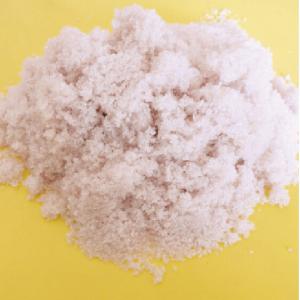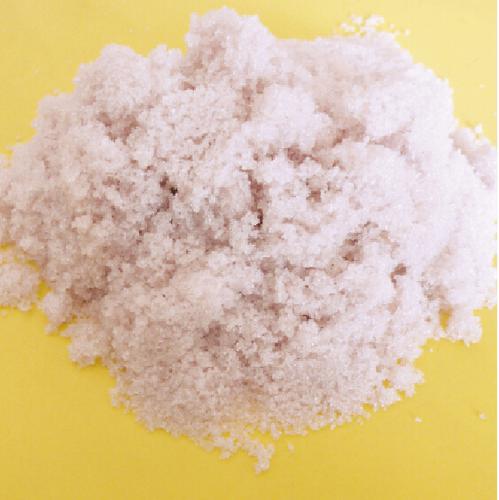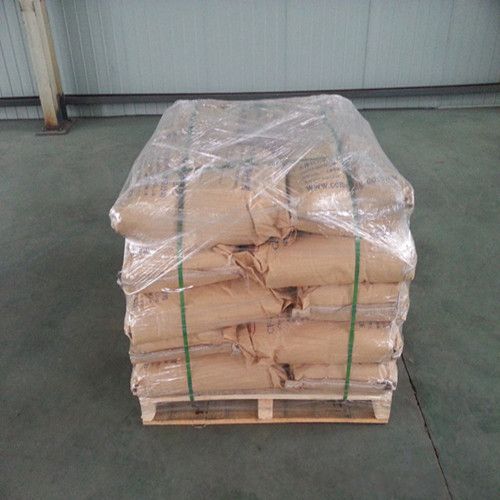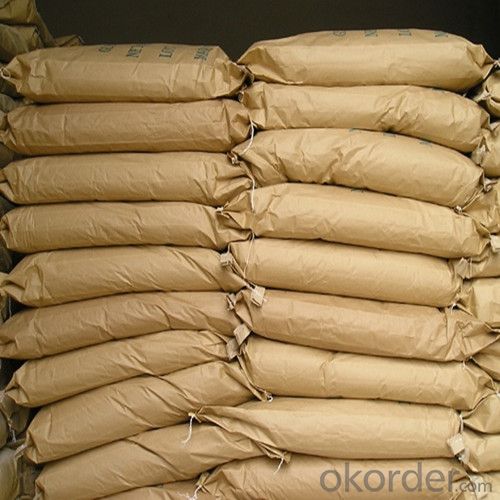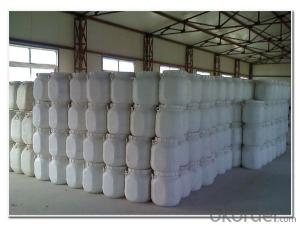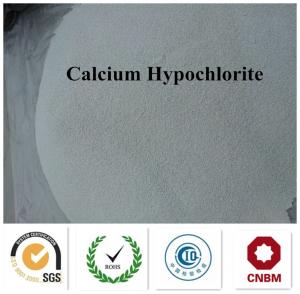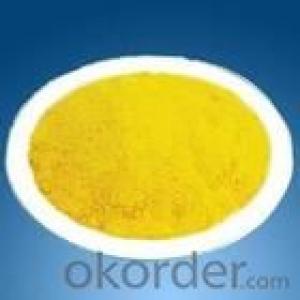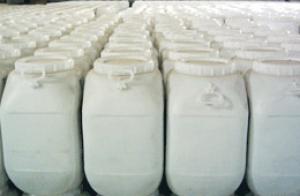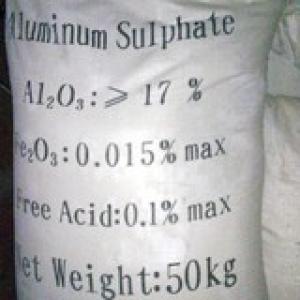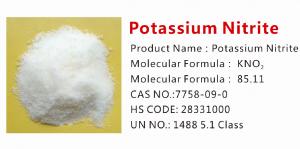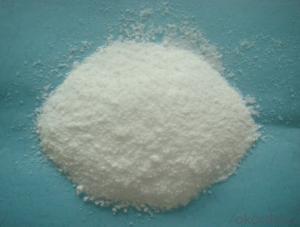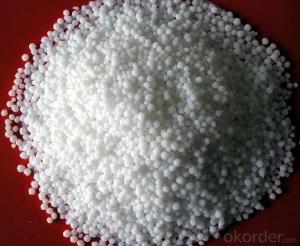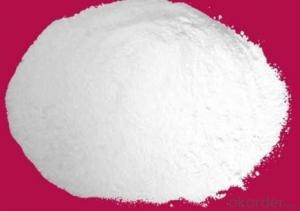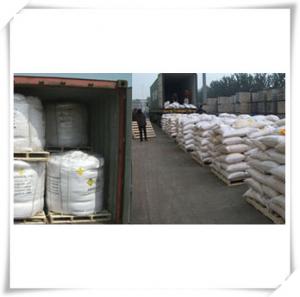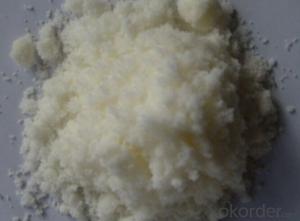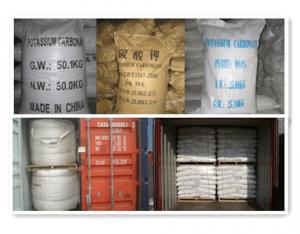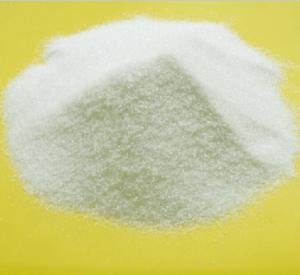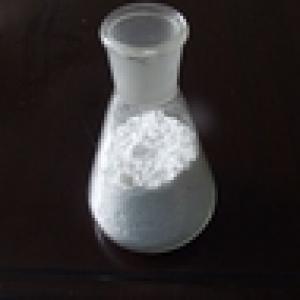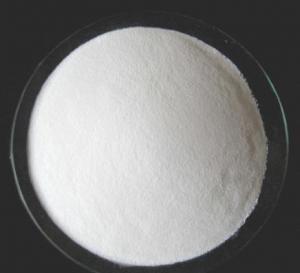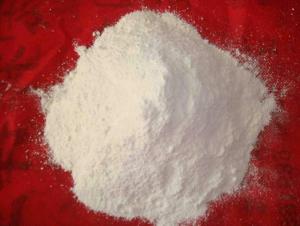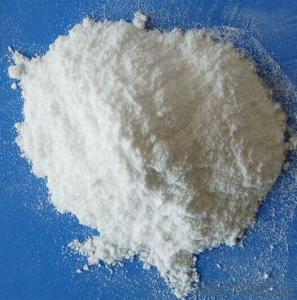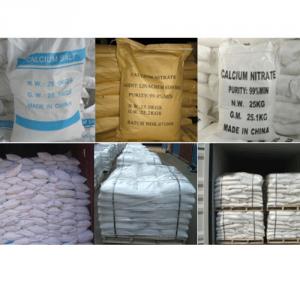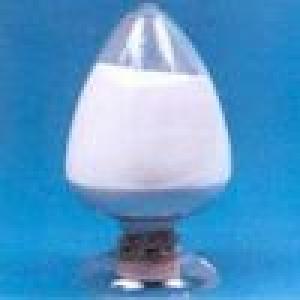Ferric Nitrate Nonahydrate Chemical Powder for Construction
- Loading Port:
- China main port
- Payment Terms:
- TT OR LC
- Min Order Qty:
- 1000 kg
- Supply Capability:
- 500000 kg/month
OKorder Service Pledge
OKorder Financial Service
You Might Also Like
Ferric Nitrate
Ferric nitrate, Iron(Ⅲ) nitrate, nonahydrate
Product Name:Ferric Nitrate
Molecular formula: Fe(NO3)3•9H2O
Molecular weight: 404.02
CAS NO.:7782-61-8
HS CODE: 28342990
UN NO.: 1466 5.1 Class Oxidant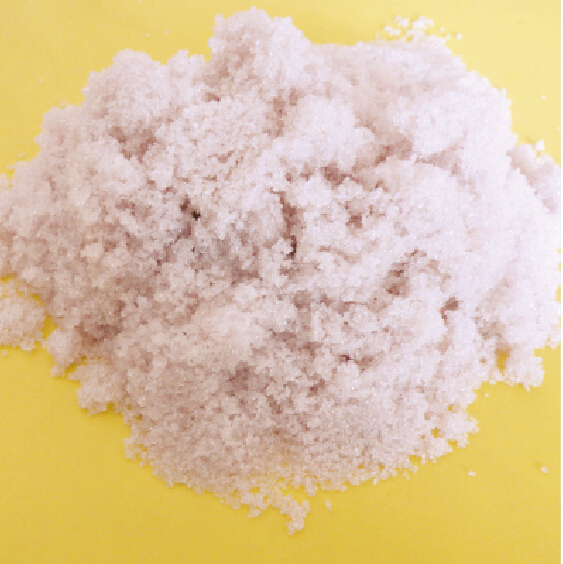
Physicochemical Properties: a purple crystal with Specific Density 1.68 and Melting Point 47.2℃.
When heated at 125℃, it decomposes. The product is subject to deliquescence and easily dissolves in water,
ethanol and acetone while it has oxidizing property. It will burn or explode once in contact with organic chemicals
. It has pungency to skin
Product Specification: Q/YLB-2005-08
| Indexes | Unit | Electronic grade | Catalyst Grade | Industrial Grade |
| Fe(NO3)3·9H2O | %≧ | 99.0 | 98.0 | 98.0 |
| Water Insoluble | %≦ | 0.005 | 0.01 | 0.1 |
| Chloride(Cl) | %≦ | 0.005 | 0.002 | 0.1 |
| Sulfate(SO4) | %≦ | 0.005 | 0.01 | 0.05 |
| Cu | %≦ | 0.0003 | 0.001 | - |
| Zn | %≦ | 0.001 | 0.003 | - |
| Mn | %≦ | 0.002 | - | - |
| Aqueous Ammonia insoluble (based on sulfate) | %≦ | 0.05 | 0.1 | 0.2 |
| Appearance | - | purple crystal | purple crystal | purple crystal |
Packing: 25Kg / bag, plastic inside and knitting bag outside, or in terms of customer's requirements.
Applications and Usages:
Used as catalyst, mordant, developer, weighting agent, corrosion inhibitor, metal conditioner.
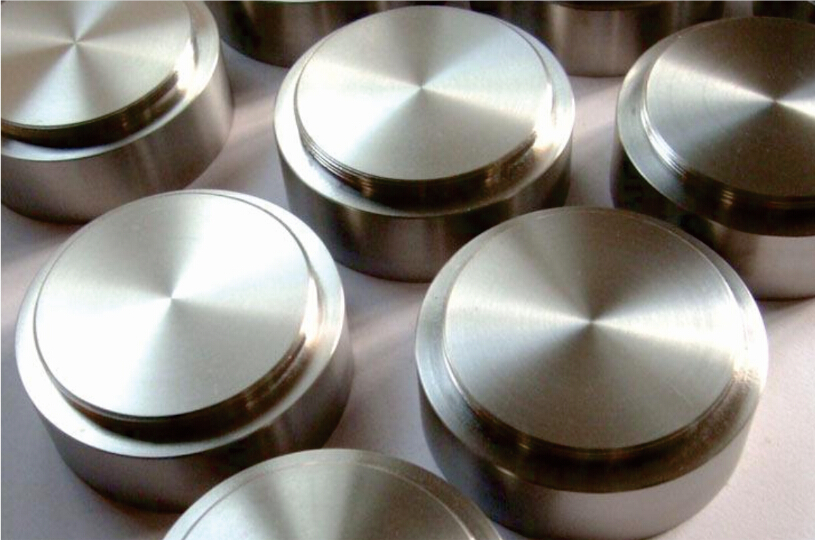
FAQ
1.Q: What is MOQ?
A: Our MOQ is 1 TON.
2.Q: Could you offer free sample?
A: We can provide free samples to you for quality testing.
3.Q: What about your packing?
A: For liquid: Flexitank, or IBC tank 1000L
For powder:Woven fabric bag with plastic film liner( 25kg or 1000kg)
Clients’ packing is workable.
4.Q: How about your productive capacity?
A: 150000 tons/Year.
5.Q: What is your delivery time?
A: Within 7 days after received deposit or L/C at sight.
- Q: The stronger the transpiration is, the faster the absorption rate of inorganic salts and water is
- Due to dry conditions are not complete, the lack of text, can not be a normal answer.
- Q: Nutritional characteristics of carbohydrates and inorganic salts in vegetables
- Inorganic salts are absorbed and utilized by crops in the soil. Carbohydrates are composed of carbon (C) and water (H20). Each person's body contains carbohydrates.
- Q: Are there any differences between minerals and inorganic salts?
- There are differences, some minerals exist in organic matter, and some minerals are inorganic salts. Inorganic salts are inorganic.
- Q: Why inorganic salt waterproof coating does not apply to roof waterproofing
- Inorganic salts are generally in the form of waterproof agent, generally mixed with cement quality of 3-5 percent, but now the roof is waterproof waterproof polyurethane materials are generally used, this is a new type of waterproof coating, Paint manufacturers, you can first check online!
- Q: What are the important physiological effects of inorganic salts in cells
- Maintain the normal life of the organism
- Q: Several inorganic salts are lacking in symptoms and food sources
- Ingredients of zinc-containing inorganic salts (trace): animal liver (viscera), fruit, peanuts, etc.
- Q: What is the inorganic salt, is not the organic salt and is not the inorganic salt
- In fact, Na2CO3 is also inorganic salt ah! The Can not according to whether there is C to divide!
- Q: Seaweed, kelp, shrimp and other seafood, the content is more of the kind of inorganic salts
- Kelp more Oh
- Q: The human body does not intake of minerals can be? Lack of minerals on the human body what kind of harm?
- Body weight: 96% is organic matter and moisture, 4% for the inorganic elements of the body about 50 kinds of minerals, in these inorganic elements, has been found in about 20 elements constitute the body tissue, to maintain physiological function, Biochemical metabolism necessary, in addition to C, H, O, N mainly in the form of organic compounds, the rest are known as inorganic salts or minerals can be divided into constant elements and trace elements two categories.
- Q: What inorganic salts are needed for seeds?
- Phosphate, nitrogen, magnesium, calcium, iron, copper, and boric acid
Send your message to us
Ferric Nitrate Nonahydrate Chemical Powder for Construction
- Loading Port:
- China main port
- Payment Terms:
- TT OR LC
- Min Order Qty:
- 1000 kg
- Supply Capability:
- 500000 kg/month
OKorder Service Pledge
OKorder Financial Service
Similar products
Hot products
Hot Searches
